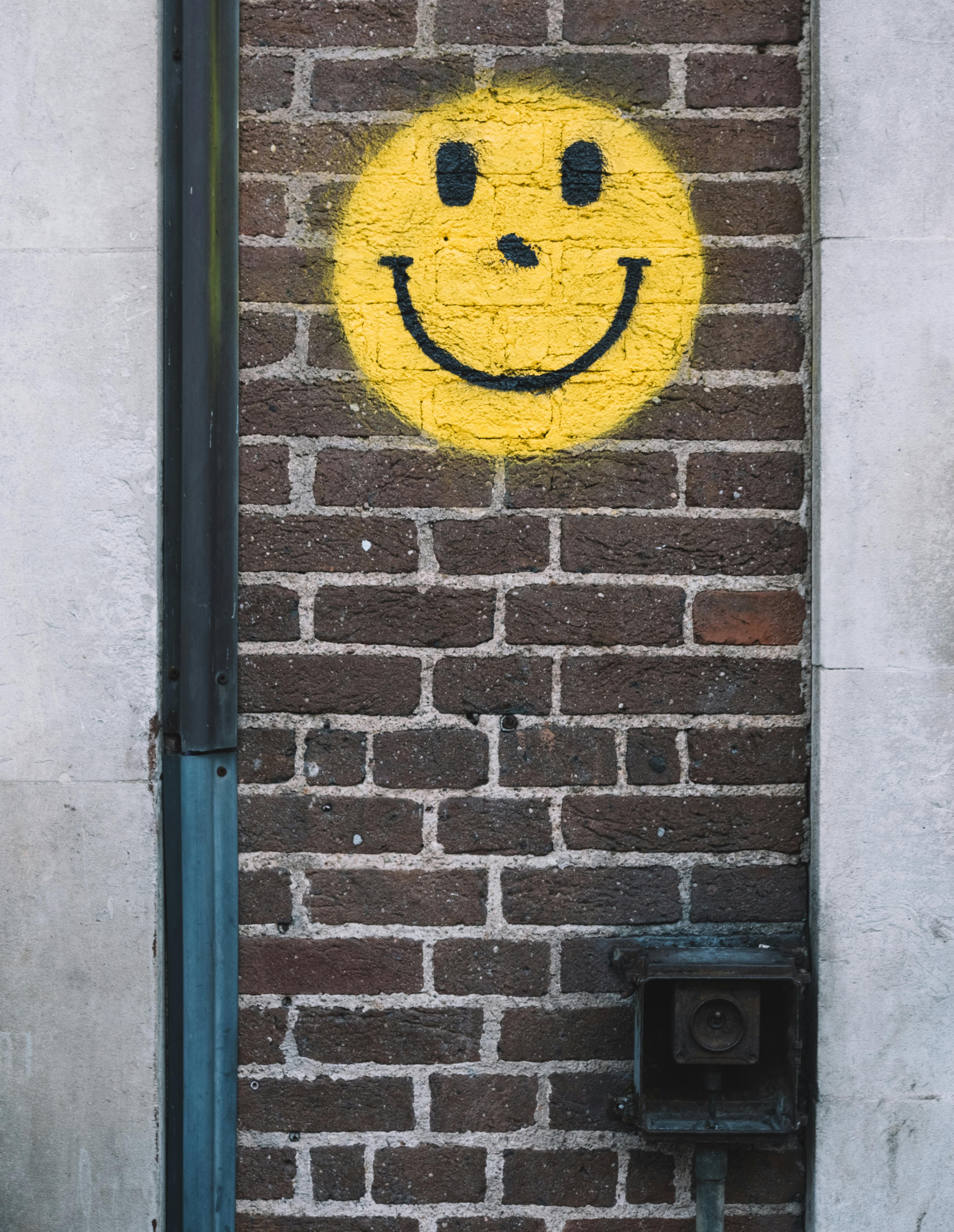
Blockchain in Retail and E-commerce: Transforming Digital Transactions and Supply Chains
Blockchain in Retail and E-commerce: A Technological Revolution
Understanding Blockchain's Retail Transformation
Blockchain technology is fundamentally reshaping the retail and e-commerce landscape, introducing unprecedented levels of transparency, security, and efficiency across complex transactional ecosystems. By creating immutable, decentralized ledgers, blockchain enables unprecedented traceability and trust in digital and physical commerce environments.
Key Technological Innovations
Modern blockchain implementations in retail leverage sophisticated smart contract architectures that facilitate seamless, automated transactions while maintaining rigorous security protocols. These technologies enable real-time tracking of product provenance, authentication of goods, and instantaneous cross-border payment mechanisms.
Global Blockchain Retail Market Analysis
| Year | Market Valuation | CAGR | Key Drivers |
|---|---|---|---|
| 2023 | $280 Million | 45.2% | Supply Chain Transparency |
| 2024 | $412 Million | 54.7% | Decentralized Payment Systems |
| 2025 (Projected) | $650 Million | 65.3% | RWA Tokenization |
Source: Blockchain Research Institute, 2023 Global Retail Technology Report
Top Blockchain Protocols in Retail
-
VeChain (VET): Specializes in supply chain management and product authenticity verification across luxury and agricultural sectors.
-
Ethereum (ETH): Provides comprehensive smart contract infrastructure enabling complex retail transactions and decentralized marketplace development.
-
Stellar (XLM): Facilitates cross-border payments and international e-commerce transactions with minimal friction.
Regulatory Landscape
Different jurisdictions present unique regulatory frameworks for blockchain implementation in retail. The United States maintains stringent compliance requirements through SEC regulations, while jurisdictions like the British Virgin Islands and Cayman Islands offer more flexible blockchain-friendly environments.
Switzerland and Liechtenstein have emerged as progressive blockchain hubs, establishing comprehensive legal frameworks that support innovative digital commerce initiatives while maintaining robust consumer protection standards.
Technological Challenges and Solutions
Blockchain integration in retail requires sophisticated technological infrastructure capable of handling complex transactional requirements. Scalability, transaction speed, and energy efficiency remain critical considerations for widespread adoption.
Advanced Layer-2 scaling solutions and proof-of-stake consensus mechanisms are addressing these challenges, enabling more efficient and environmentally sustainable blockchain implementations.
Future Implications
The convergence of blockchain, artificial intelligence, and Internet of Things (IoT) technologies promises to create hyper-personalized, secure, and transparent retail experiences. Real-world asset (RWA) tokenization will likely revolutionize how consumers interact with physical and digital marketplaces.
RWA.codes: Your Blockchain Implementation Partner
At RWA.codes, we specialize in developing cutting-edge blockchain solutions tailored to retail and e-commerce environments. Our expertise spans legal compliance, technological architecture, and strategic implementation across global markets.
Our comprehensive services include:
- Custom blockchain platform development
- Regulatory compliance consultation
- Smart contract engineering
- RWA tokenization strategies
- Security and scalability optimization